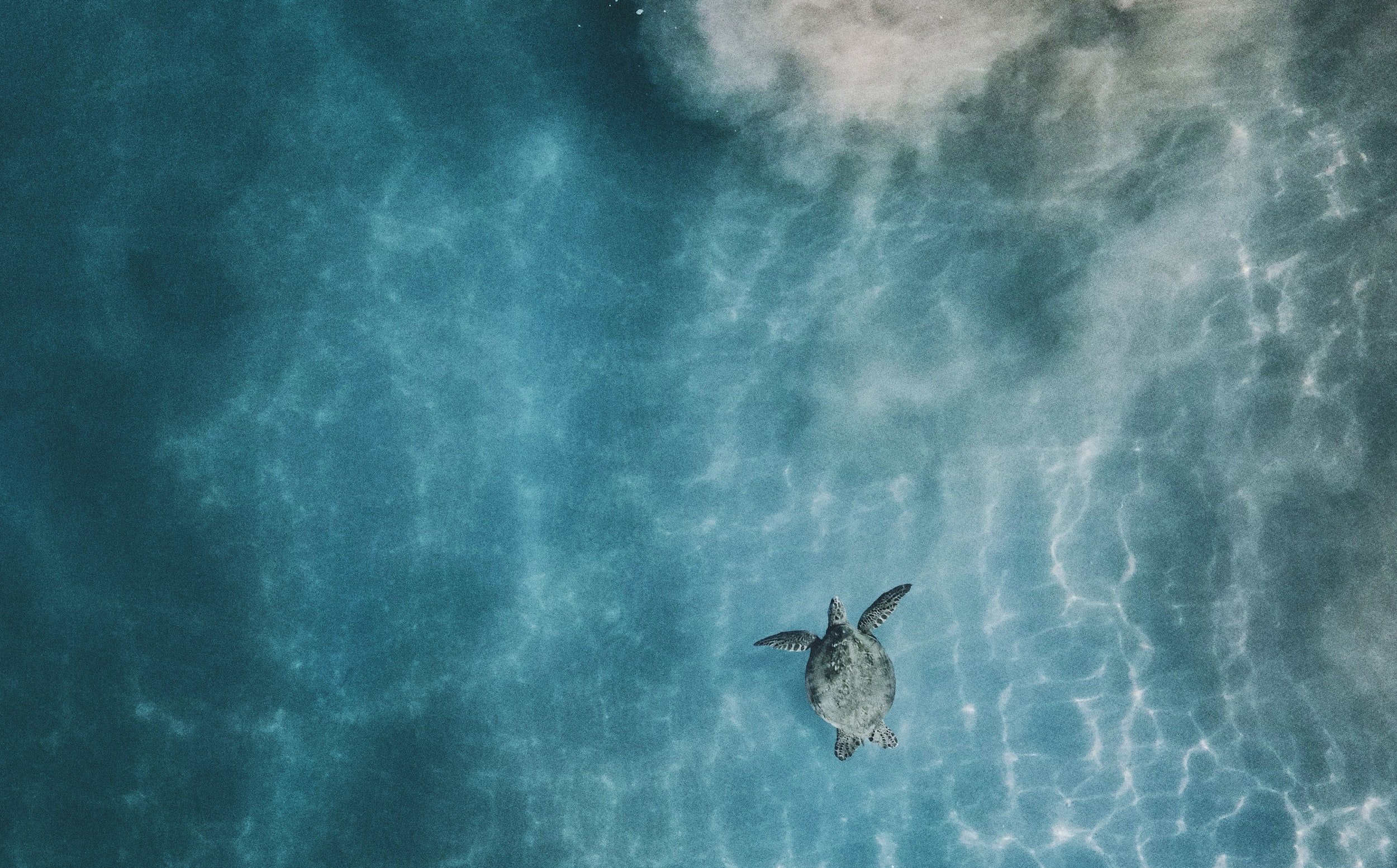
MILLENNIUM OCEANS PRIZE
INTRODUCING THE MILLENNIUM OCEANS PRIZE
Presented by MCN and the Remmer Family Foundation
The Millennium Oceans Prize is returning for its tenth year to support and celebrate students who are passionate about conserving, protecting, and sustainably using oceans, seas, and marine water and life.
The Millennium Oceans Prize targets Sustainable Development Goal 14 by celebrating youth activists who are focused on enriching their communities through advancing marine and freshwater conservation and sustainable use of marine resources. Prize winners will receive mentorship and a $5,000 prize for implementation of a concrete campaign idea to spark change and garner support in advocacy, policy, and leadership for oceans and freshwater systems.
10th annual Millennium Oceans Prize Winner
Diverseas
Campaign Leader: Brigitta Gunawan | Monash University, Australia
Diverseas is an open-source asset for immersive ocean literacy that builds a network of ocean learners turned advocates through in-person workshops, 360° VR stories, and online resources. We connect young minds to those at the frontlines of ocean conservation.
With the rise in ocean- career opportunities that have not been represented in mainstream education; younger generations fail to recognise the plethora of possibilities that the ocean provides. At its core lies the lack of representation in these spaces. In other words, significant strides must be made to improve ocean literacy, make it more accessible, and authentically portray the many opportunities that lie ahead, particularly for the younger generations. By providing immersive learning experiences using 360° virtual reality (VR) videos, we hope to bridge the disconnect between communities and experts.
10th annual millennium oceans prize Runners Up
CORAL RESCUE CAMPAIGN:
Campaign Leaders: Linus Anari, Kelvin Nyabuti | The University of Nairobi, Kenya
The Coral Rescue Campaign is dedicated to restoring coral reefs along the Kenyan coast, particularly in Kisite-Mpunguti Marine Park. Utilizing cutting-edge geospatial technology and earth observation data, the project focuses on monitoring and regenerating degraded coral ecosystems while raising awareness about marine conservation.
By collaborating with local communities, scientists, and conservationists, the campaign aims to ensure the long-term health of coral reefs, which are vital to marine biodiversity and coastal protection.
MI COSTA:
Campaign Leaders: Stephania Añazco (Leader), Anahí Marín, Milena Valero, Leonardo Chóez | ESPOL University, Ecuador
In Ecuador, there is a lack of information regarding the state and evolution of beaches and the coast. Therefore, it is urgent to involve communities in observing the coast and register basic information like turtle nests, waves, currents, etc., which will be crucial for coastal management. This is Mi Costa’s objective: to empower coastal communities in Ecuador to register the beaches’ state and evolution, key elements that play a fundamental role in decision-making processes for its sustainable development.
The initiative seeks to promote citizen science, improve the relationship of humans with the ocean, and put the people at the heart of its conservation and restoration.
The Millennium Oceans Discourse: Protection of Marine Biodiversity through International Law in the 21st Century
Follow African Transformers on Facebook to learn more.
2019 Winner Announcement Video
2018 Winner Announcement Surprise Call for the Millennium Oceans Prize
"The world’s oceans – their temperature, chemistry, currents and life – drive global systems that make the Earth habitable for humankind. Our rainwater, drinking water, weather, climate, coastlines, much of our food, and even the oxygen in the air we breathe, are all ultimately provided and regulated by the sea. Throughout history, oceans and seas have been vital conduits for trade and transportation.
Careful management of this essential global resource is a key feature of a sustainable future. However, at the current time, there is a continuous deterioration of coastal waters owing to pollution and ocean acidification is having an adversarial effect on the functioning of ecosystems and biodiversity. This is also negatively impacting small scale fisheries.
Marine protected areas need to be effectively managed and well-resourced and regulations need to be put in place to reduce overfishing, marine pollution and ocean acidification"
Image source: https://textilesforsdgs.org















